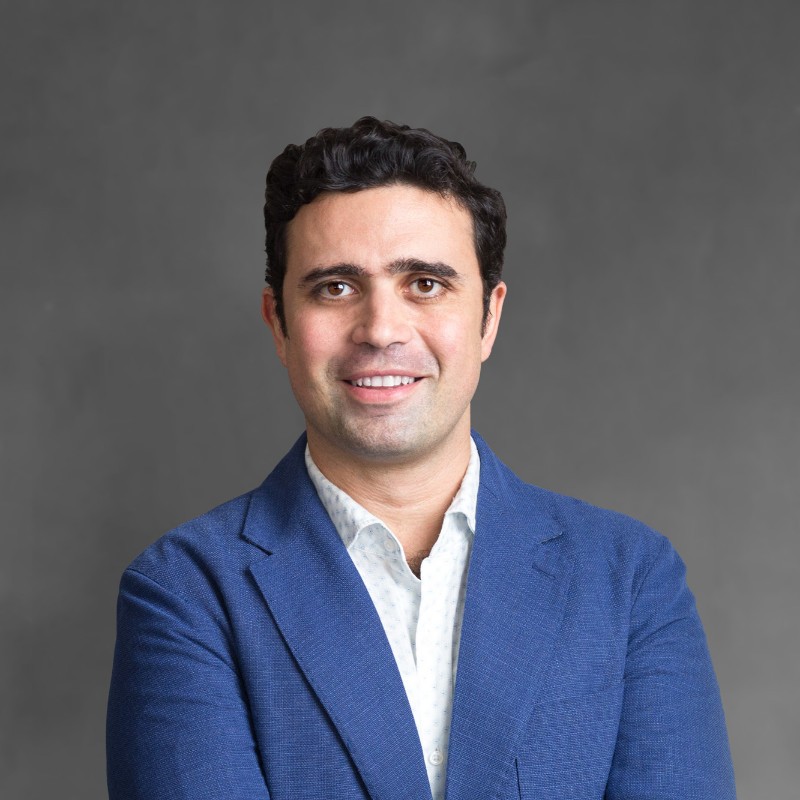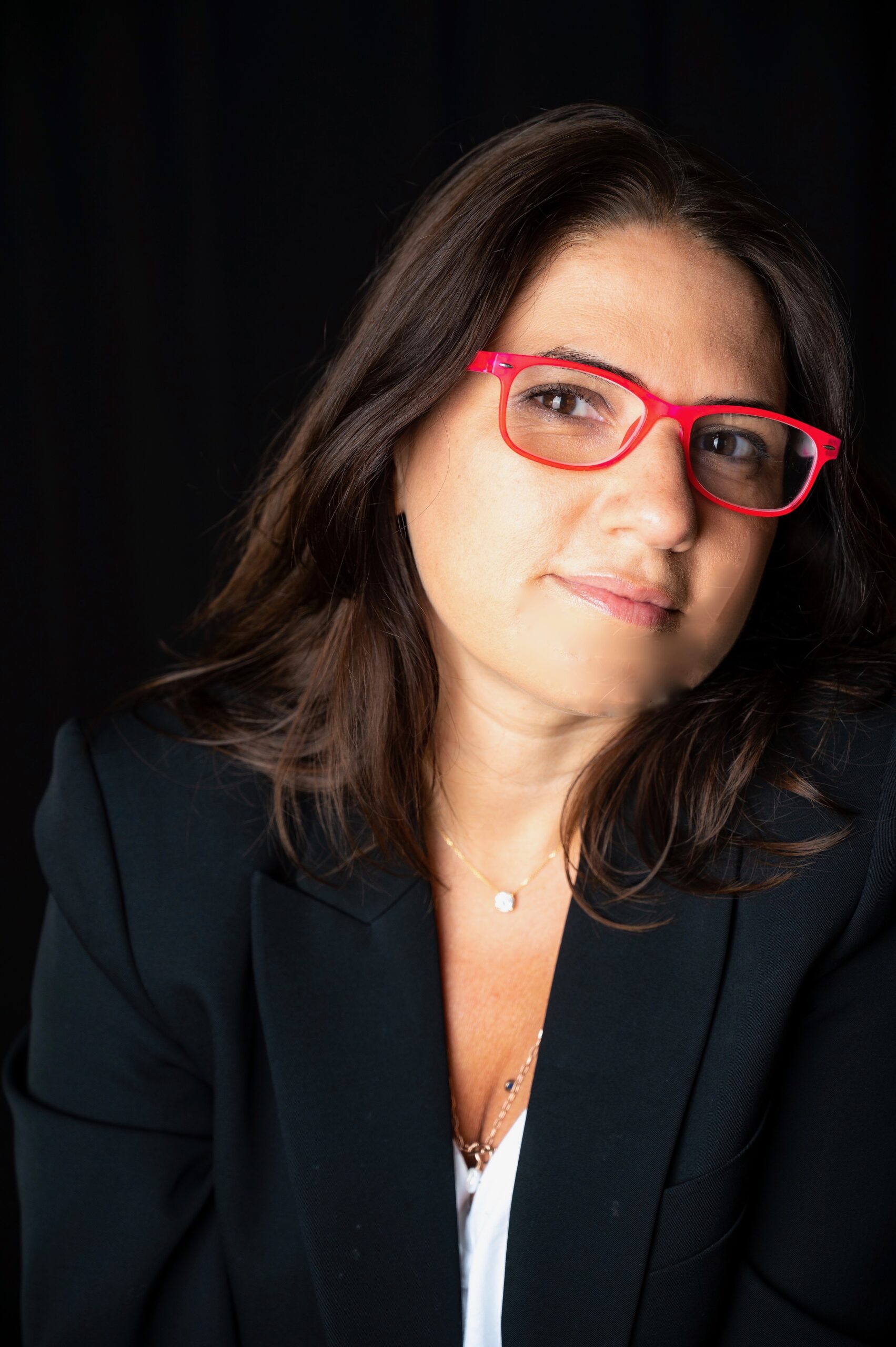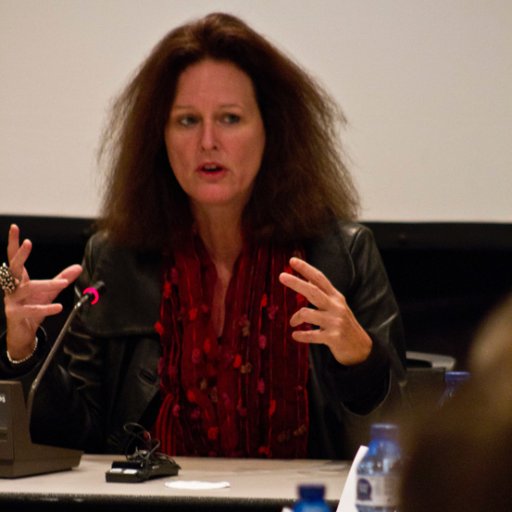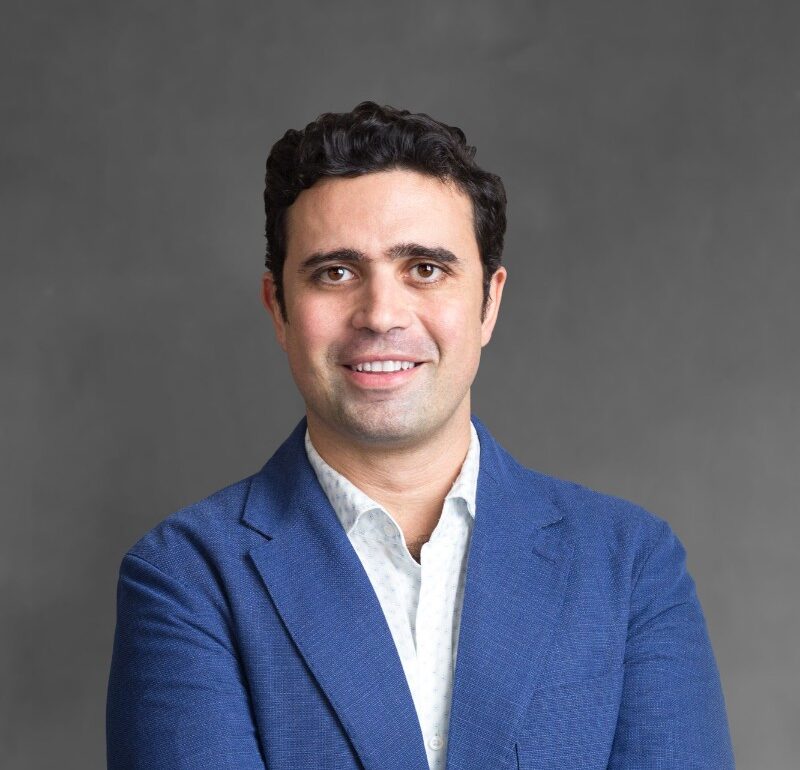Four years on from the onset of Lebanon’s economic and political crisis and three years on from the cataclysmic Beirut port explosion, the criminal architects and beneficiaries of the country’s corrupt political system are still in power. After over 30 years of corruption and financial mismanagement as Lebanon’s Central Bank Governor, Riad Salameh has been sanctioned by the US, UK, and Canada for his financial crimes and role in the financial crisis. While this is a key step, it only scratches the surface of what is needed to begin holding the architects of Lebanon’s political, economic, and humanitarian crises to account. Lebanese officials have openly boasted their plans to evade any of the reforms called for by various protest movements or mandated by the IMF’s negotiated loan program. In the face of shameless impunity for the Beirut Blast, corruption, and targeted political violence such as the February 2021 assassination of Lokman Slim, Lebanon’s political opposition, civil society, activists, journalists, lawyers, victims’ families and everyday citizens are working tirelessly for lasting change. The United States and other international actors can play a pivotal role in amplifying their demands and contributing to the path to justice, accountability, and a future political system that delivers on its responsibility to its people.
On Wednesday, September 27, at 6:00pm in Washington, DC, join the Tahrir Institute for Middle East Policy (TIMEP) for an in-person discussion with a delegation of advocates for justice and accountability in Lebanon. Zena Wakim, human rights lawyer and president of the Swiss foundation Accountability Now; Alia Ibrahim, founding president of independent digital media platform Daraj; Monika Borgmann, co-founder of Umam Productions and Umam Documentation & Research and widow of the assassinated political activist Lokman Slim; and Sami Halabi, co-founder and Director of Policy at Triangle and editor-in-chief of Badil, will explore the creative pathways to justice and accountability in Lebanon and the critical role that the US can play in supporting that work.
Panelists will explore questions such as: What strategies and tools are being leveraged to secure accountability for the crimes of Lebanon’s elite, including the Beirut blast, decades of corruption and theft, and targeted political assassinations? How can knowledge production, investigative journalism, advocacy, and litigation work together to deliver justice for the country? Why should the US have an interest in accountability, including for any current and former partners who are complicit? Where can US leadership and pressure be most effective in the pursuit of accountability and anti-corruption measures in Lebanon?
This event is invite-only; however, we have limited seating available to the public. To RSVP, please send an email to TIMEP Senior Programs and Communications Associate Audrey Bolus at [email protected] if you would like to attend, and we will let you know if we are able to secure a seat for you.
Speaker Profiles:

Sami Halabi
Co-founder & Director of Policy at Triangle; Editor in Chief of Badil
Sami Halabi is the co-founder and Director of Policy at Triangle, a progressive Beirut-based policy institute that conducts research, provides policy guidance, and develops media outputs which cover economic, developmental, and social issues. He also serves as Editor in Chief of The Badil, an initiative born out of Lebanon’s October 2019 uprising that is committed to restoring the media’s crucial function to uphold political accountability to contribute to a richer, more inclusive, and informed democratic discourse. Prior to these roles, Halabi’s journalism work consisted of print and broadcast with top international media outlets and publications.

Zena Wakim
International Lawyer, President of Accountability Now
Zena Wakim is an international lawyer qualified as a Swiss Attorney and Solicitor of England & Wales. She is the president of the Board of the Swiss foundation Accountability Now which assists civil society in its quest for accountability in Lebanon and most recently brought suit in Texas court for harm faced by U.S. citizens as a result of the Beirut Port Explosion. She also trained as a war crime investigator with the Institute for International Criminal Investigations in the Hague. She has focused her career on high-level geopolitically sensitive cases and sat as a board member of the Interpol Foundation for eight years.

Alia Ibrahim
Co-founder and CEO of Daraj
Alia Ibrahim is a co-founder and CEO of Daraj, a Beirut based independent media organization focused on the production of impact journalism holding power into account. Previously, Ibrahim was a senior correspondent at Al-Arabiya news channel where she produced and directed episodes for Special Mission, a prime-time investigative reporting show. Ibrahim’s work has appeared in a number of publications including Al-Hayat newspaper and Al-Arabiya.net, and she was a contributing reporter at the Washington Post between 2005 and 2011. She started her career in 1996 as a general news reporter at The Daily Star in Beirut, and she became the newspaper’s managing editor in 2004. She was an instructor of Investigative Journalism at the Lebanese American University.

Monika Borgmann
Widow of Assassinated Political Activist Lokman Slim; Co-founder of Umam Productions
Monika Borgmann is the co-founder of Umam Productions and Umam Documentation & Research, nonprofits that address civil violence and memories of war in Lebanon. Borgmann and her late husband, Lokman Slim, with whom she co-founded these nonprofits, are the co-authors and co-directors of the documentaries Massaker and Tadmor. Slim was a prominent Shiite publisher, linguist, and political activist. He was assassinated in February 2021 in his car, where he was shot six times in the head.
This post was originally published on this site be sure to check out more of their content.









